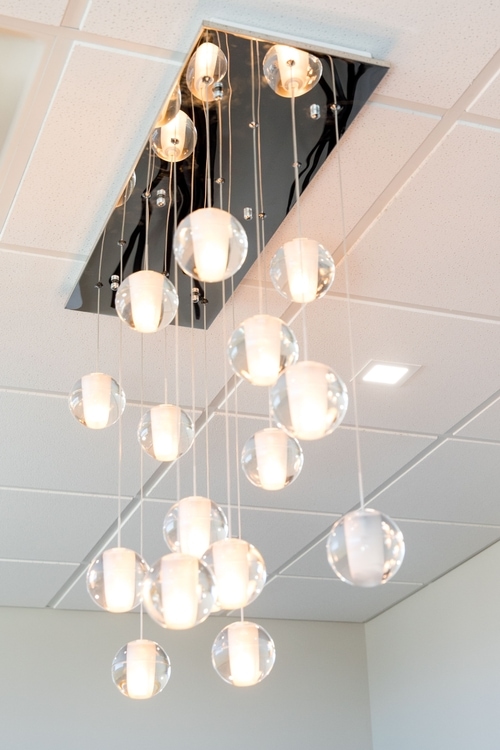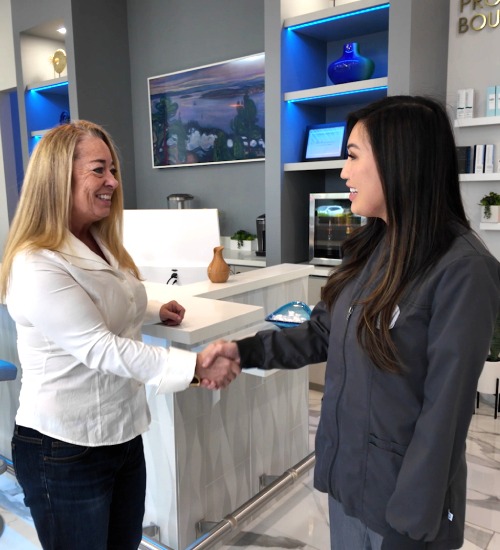In dentistry, laser therapy refers to the use of advanced laser tools to provide minimally-invasive dental care. Laser dental tools were first developed in the 1960s, but did not become common until the late 1990s and early 2000s, when new innovations and lower costs made them more appealing.
The two primary types of dental lasers are hard tissue laser and soft tissue lasers. Hard tissue lasers can be used on enamel and teeth, while soft tissue lasers are intended to treat the gums and other soft tissues in the mouth.
At Consultants in Dental Aesthetics, we offer soft tissue laser therapy. We use lasers for a variety of different procedures, including LANAP for gum disease, which is also known as “Laser Assisted Regeneration.” Contact us now to schedule an appointment and get the laser therapy you need in Spring, TX. Our office is located at 9700 Louetta Road, Spring, TX 77379.
Laser Therapy In Spring, TX

What Is Laser Therapy?
The Benefits Of Soft Tissue Laser Therapy
Soft tissue lasers can be used instead of traditional surgical tools like scalpels and scissors. Compared to these tools, laser therapy provides a much better overall experience with lots of unique benefits.
First, laser dental tools cause minimal pain or bleeding. The powerful light and heat generated by the laser “cauterizes” (seals) blood vessels and nerves upon contact. In many cases, numbing is not even required during laser therapy.
Laser therapy also helps reduce the risk of infection and speeds up the healing process. Lasers kill bacteria upon contact, too, and since the surgical site is sealed upon contact, there’s usually no need for sutures or stitches.
Finally, soft tissue laser therapy enables better overall precision. Laser tools are extremely precise and accurate, which allows our dental team in Spring to provide a better overall level of care during your treatment.
Understanding LANAP (Laser Gum Disease Treatment
INITIAL CONSULTATION
To begin the process, you’ll need to come to Consultants in Dental Aesthetics for a consultation with Dr. Michael Landry. He will assess your mouth and determine if LANAP is the right choice for treating your gum disease.
If he approves, Dr. Landry will schedule your treatment right away. Similarly to a deep cleaning, LANAP is usually done in two appointments, scheduled one week apart. One half of the mouth is completed during each visit.
LANAP TREATMENT
LANAP uses a special soft tissue laser that kills diseased, damaged gum tissue. This laser wavelength also kills any bacteria present in the area, and creates blood clots near the gums to encourage proper healing. Dr. Landry may also reshape and alter the gums slightly to ensure they heal properly.
HEALING & RECOVERY
Because it uses minimally invasive lasers, healing and recovering from LANAP is much easier compared to traditional gum disease surgery. Typically, it only takes 24-48 hours to recover from LANAP. In contrast, recovering from traditional surgery may take up to 2-4 weeks.
FOLLOW-UPS WITH DR. LANDRY
You will need to come back to our office and see Dr. Landry a few times in the coming months so that he can assess your overall oral health and the effectiveness of your LANAP procedure.

Come for the care, stay for the experience. Schedule your next visit today!


